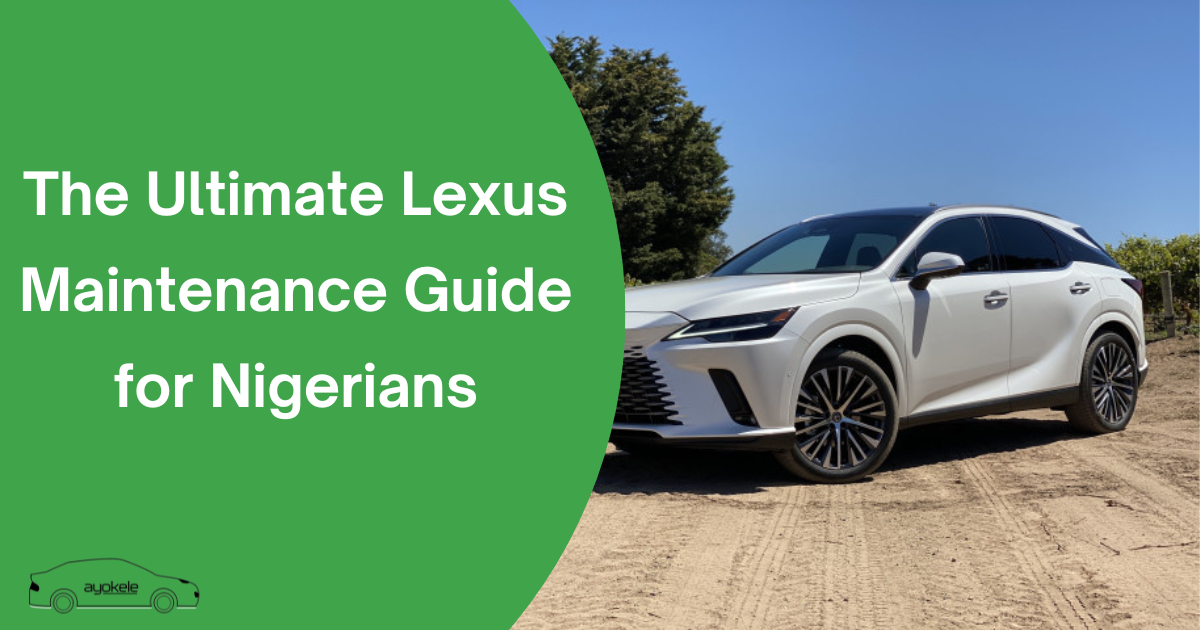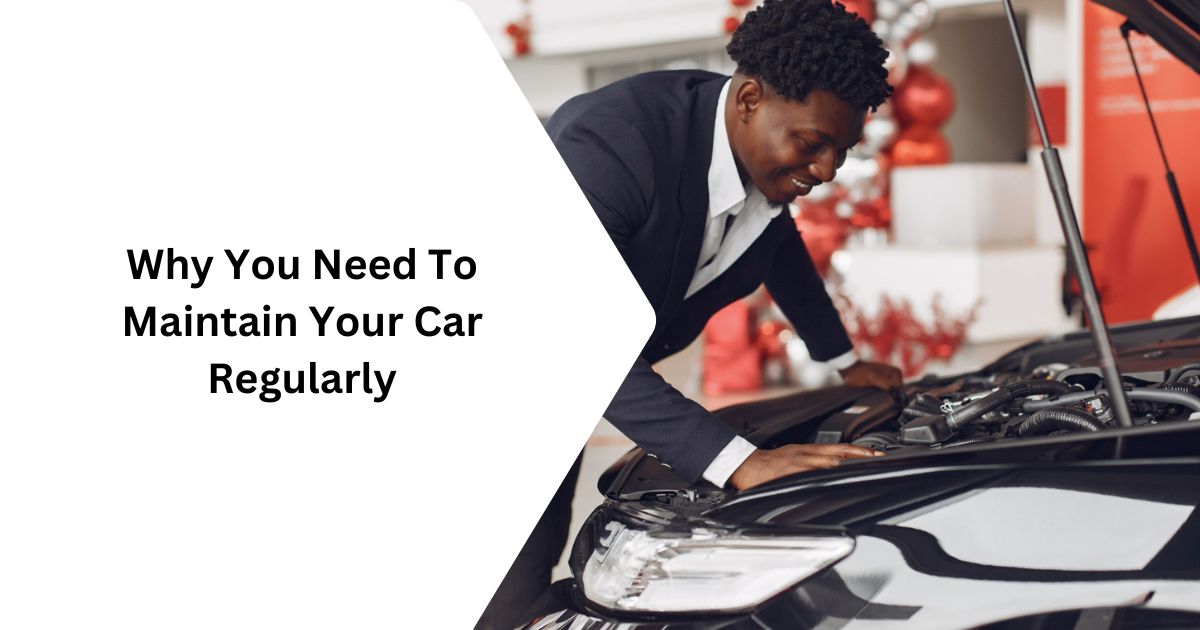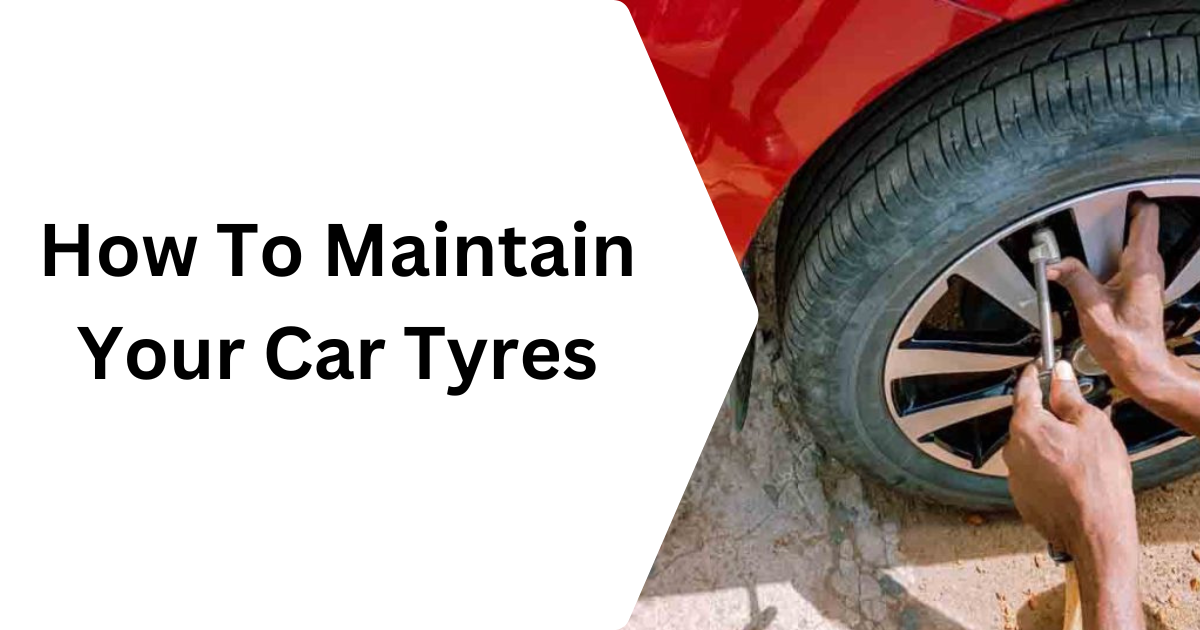Lexus is one of the most popular luxury car brands in Nigeria, known for its durability, comfort, and advanced technology. Whether you own a Lexus RX, ES, GX, or LX, proper maintenance is essential to keep your vehicle running smoothly and efficiently. Given Nigeria’s challenging road conditions and fuel quality, Lexus owners must take extra care to ensure their cars remain in top condition.
This guide provides the ultimate Lexus maintenance tips for Nigerians, covering everything from routine servicing, common issues, and spare parts sourcing. Whether you’re a first-time Lexus owner or have been driving one for years, following these maintenance practices will help extend your vehicle’s lifespan and enhance its performance.
Essential Lexus Maintenance Tips
1. Regular Oil Changes
Oil is the lifeblood of your Lexus engine, ensuring smooth performance and preventing wear and tear. Over time, engine oil becomes dirty and loses its effectiveness, which can lead to engine overheating and reduced fuel efficiency. Lexus owners in Nigeria should change their engine oil every 5,000 to 7,500 km, depending on driving conditions and the type of oil used.
Using high-quality synthetic oil is recommended for Lexus vehicles, as it provides better protection against Nigeria’s hot climate and heavy traffic conditions. Regular oil changes will keep your engine in top shape and help you avoid costly repairs in the long run.
2. Checking and Replacing Air & Oil Filters
The air and oil filters in your Lexus help keep dirt and debris from damaging the engine. A clogged air filter can reduce fuel efficiency, affect acceleration, and cause the engine to work harder than necessary. Similarly, a dirty oil filter can prevent proper lubrication, leading to engine wear and sludge buildup.
It is advisable to check and replace air filters every 10,000 km and oil filters whenever you change the engine oil. This simple maintenance step helps your Lexus perform efficiently and reduces the risk of long-term engine damage.
3. Brake System Inspection
The braking system is one of the most important safety components in any vehicle, and Lexus cars are no exception. Frequent driving on bad Nigerian roads, in traffic, or during rainy seasons can cause the brake pads and rotors to wear down quickly. Ignoring brake issues can lead to brake failure, longer stopping distances, or dangerous driving situations.
To ensure maximum safety, inspect your brake system regularly and replace brake pads every 20,000 to 30,000 km, depending on your driving habits. If you hear squeaking or grinding noises while braking, it’s a sign that your brakes need immediate attention.
4. Tire Maintenance
Lexus vehicles are designed for smooth and comfortable rides, but poor tire maintenance can affect handling, safety, and fuel economy. Nigerian roads can be rough, causing tires to wear out faster, leading to reduced traction and an increased risk of accidents.
Check your tire pressure, alignment, and tread depth at least once a month. Rotating the tires every 10,000 km ensures even wear and prolongs their lifespan. Also, invest in high-quality tires that can withstand Nigeria’s diverse road conditions, from highways to pothole-ridden streets.
5. Battery Care
A healthy battery is crucial for starting your Lexus and powering essential electrical components. Nigerian weather conditions, combined with frequent use of air conditioning and electronics, can shorten battery life. A weak battery can cause starting problems, dashboard warning lights, and electrical malfunctions.
Regularly check the battery terminals for corrosion and ensure they are securely connected. Most car batteries last 2 to 3 years, so consider replacing yours if it shows signs of weakness, such as slow engine starts or dimming headlights.
6. Transmission Fluid Checks
Lexus cars come with smooth and efficient automatic transmissions, but without proper maintenance, transmission failure can be costly to fix. Transmission fluid helps keep gears shifting smoothly and prevents overheating, especially in stop-and-go Lagos traffic or long highway drives.
Check the transmission fluid level and quality every 40,000 km and change it as recommended by Lexus. If you notice delayed gear shifts, rough acceleration, or a burning smell, it could be a sign that the fluid needs to be replaced immediately.
Dealing with Common Lexus Issues in Nigeria
1. Overheating Problems
Overheating is a common issue for Lexus owners in Nigeria, mainly due to traffic congestion, extreme heat, and poor road conditions. If your Lexus frequently overheats, it may be due to low coolant levels, a faulty thermostat, a clogged radiator, or a failing water pump. Driving with an overheated engine can cause serious damage, including blown head gaskets or engine failure.
To prevent overheating, always check your coolant levels, ensure your radiator is clean and free from blockages, and have your cooling system inspected regularly. If your car starts overheating, pull over immediately, turn off the engine, and allow it to cool before checking for issues.
2. Electrical and Sensor Failures
Lexus vehicles are equipped with advanced electronics and sensors that help enhance performance and safety. However, Nigerian weather conditions, especially high humidity and heavy rainfall, can lead to wiring issues, malfunctioning sensors, and electrical failures. Common electrical problems include dashboard warning lights staying on, faulty power windows, and non-responsive infotainment systems.
To avoid electrical issues, ensure that your battery is in good condition, wiring is properly insulated, and fuses are regularly checked. If you notice any electrical faults, have a qualified Lexus mechanic diagnose the problem rather than attempting random fixes.
3. Suspension Issues
The Lexus RX, GX, and LX models are built for comfort, but their air suspension systems can be problematic in Nigeria. Potholes, rough roads, and frequent bumps can cause air suspension leaks or failures, making the ride uncomfortable and expensive to fix. Some Lexus owners choose to convert air suspension to traditional coil springs to reduce long-term maintenance costs.
If your Lexus feels bouncy, tilts to one side, or sits too low, have the suspension system checked. Regular wheel alignment and shock absorber inspections can also help maintain stability and prevent suspension damage.
4. Fuel System Problems
Bad fuel quality is a major problem in Nigeria, leading to clogged fuel injectors, engine knocking, and poor fuel economy. Some Lexus models are designed for high-octane fuel, but many drivers unknowingly use low-quality or adulterated fuel, which can damage the engine over time.
To prevent fuel-related issues, buy fuel only from trusted filling stations and consider using fuel injector cleaners regularly. If you experience engine misfires, sluggish acceleration, or difficulty starting your car, have your fuel system checked immediately.
How to Find Genuine Lexus Spare Parts in Nigeria
1. Buy from Authorized Dealers
One of the safest ways to get genuine Lexus spare parts in Nigeria is to buy from authorized Lexus dealers or accredited spare parts shops. These dealers stock original OEM (Original Equipment Manufacturer) parts, ensuring high quality and durability. While OEM parts may be more expensive than aftermarket parts, they last longer and reduce the risk of mechanical issues.
To find an authorized dealer, visit official Lexus service centers or check reputable auto parts markets in cities like Lagos, Abuja, and Port Harcourt. Buying from trusted sources helps you avoid counterfeit or low-quality parts that could damage your vehicle.
2. Shop at Reputable Auto Parts Markets
Nigeria has several well-known auto parts markets where Lexus owners can find quality spare parts at competitive prices. Some of the best places to shop include:
- Ladipo Auto Spare Parts Market (Lagos) – The largest auto parts market in Nigeria, offering a wide range of Lexus parts.
- Berger Auto Market (Lagos & Abuja) – A trusted location for both brand-new and Tokunbo Lexus spare parts.
- Apo Mechanic Village (Abuja) – A hub for reliable auto parts dealers and experienced Lexus mechanics.
When buying from local markets, ensure you go with a trusted mechanic to verify the authenticity of the parts before purchase.
3. Consider Online Auto Parts Stores
If you prefer convenience, you can order genuine Lexus spare parts online from reputable Nigerian platforms like:
- Jumia Car Parts – Offers a selection of automotive spare parts.
- Konga Auto Parts – Stocks various car accessories, including Lexus components.
- Autochek Africa – A reliable online marketplace for car parts and services.
When buying online, check for customer reviews, return policies, and warranty options to ensure you are getting the best value for your money.
4. Avoid Fake and Substandard Parts
Fake Lexus spare parts are common in Nigeria, and using them can lead to serious damage and safety risks. Some counterfeit parts look identical to original ones but have lower durability and poor performance. To avoid being scammed, always:
- Check for official branding and serial numbers on parts.
- Compare prices—if the price is too good to be true, it’s likely a fake.
- Ask for a warranty—genuine parts usually come with a manufacturer’s guarantee.
5. Use Lexus-Certified Repair Shops
Lexus-certified workshops not only offer professional servicing but also stock genuine spare parts. Mechanics in these workshops are trained to identify and install authentic Lexus components, reducing the risk of using counterfeit parts.
Visiting a Lexus service center ensures your car gets the best care with factory-approved parts and tools, helping maintain its reliability and resale value.
Professional Servicing vs. DIY Maintenance
1. When to Choose Professional Servicing
For Lexus owners in Nigeria, professional servicing is essential for complex maintenance tasks that require specialized tools and expertise. Luxury cars like Lexus have advanced engine systems, electronic components, and computerized diagnostics, which may not be properly handled by a regular roadside mechanic.
Some key maintenance tasks that should be done by professionals include:
- Engine diagnostics and repairs – Lexus vehicles have onboard computers that require specialized scanners for troubleshooting.
- Transmission servicing – Automatic transmission fluid changes and gear system repairs need expert handling to prevent damage.
- Suspension and air suspension system repairs – Air suspension is delicate and should only be handled by Lexus-certified mechanics.
- Electrical system fixes – Lexus vehicles come with advanced wiring and sensors that require professional knowledge to repair.
Taking your car to a Lexus-certified repair shop ensures that genuine spare parts are used, reducing the risk of mechanical failure.
2. What You Can Do as DIY Maintenance
While professional servicing is recommended for complex repairs, there are some basic maintenance tasks that Lexus owners can handle themselves to keep the car in good condition. Performing these tasks regularly helps prevent major issues and reduces repair costs.
Some DIY maintenance tasks include:
- Checking and topping up engine oil – Ensuring oil levels are correct helps prevent overheating and engine damage.
- Inspecting and replacing air filters – Clean air filters improve fuel efficiency and engine performance.
- Checking tire pressure and alignment – Properly inflated tires enhance safety and prolong tire lifespan.
- Cleaning battery terminals – Preventing corrosion ensures the battery lasts longer and functions properly.
- Washing and waxing the car – Protecting the paint and preventing rust keeps the car looking new.
Performing these simple maintenance tasks regularly can save money and extend the life of your Lexus, while still relying on professional servicing for major repairs.
Cost of Maintaining a Lexus in Nigeria
1. Regular Maintenance Costs
Owning a Lexus in Nigeria comes with higher maintenance costs compared to regular brands like Toyota or Honda. Routine servicing, such as oil changes, air filter replacement, and tire rotation, typically costs between ₦30,000 to ₦70,000, depending on the model and location. Lexus cars require high-quality synthetic oil, which is more expensive but essential for engine longevity.
Brake pad replacements, which are needed every 20,000 to 30,000 km, cost between ₦50,000 to ₦100,000, depending on the brand and quality. Regular servicing helps prevent costlier repairs down the line, making it a necessary investment.
2. Spare Parts and Repairs
Lexus spare parts are generally more expensive than those for non-luxury brands, and getting genuine parts is crucial for long-term reliability. Common repair costs include:
- Shock absorbers & suspension system – ₦100,000 to ₦300,000, depending on whether it’s standard or air suspension.
- Transmission servicing – ₦150,000 to ₦400,000 for transmission fluid change and minor repairs.
- Battery replacement – ₦60,000 to ₦150,000, depending on the battery type.
Using fake or low-quality spare parts may seem cheaper initially but often leads to more expensive repairs in the long run.
3. Fuel and Running Costs
Lexus cars, especially SUVs like the RX, GX, and LX, tend to consume more fuel than smaller sedans. The fuel efficiency varies by model, but maintaining a full tank can cost anywhere from ₦25,000 to ₦80,000, depending on fuel prices and tank size.
Drivers who frequently use their Lexus in city traffic should expect higher fuel consumption compared to highway driving. To reduce costs, regular engine tuning and using good-quality fuel from reputable stations is essential.
4. Insurance and Annual Expenses
Car insurance is another cost factor for Lexus owners. Comprehensive insurance for a Lexus in Nigeria typically costs between ₦100,000 to ₦500,000 annually, depending on the model and coverage. Other yearly expenses include:
- Roadworthiness certificate – ₦5,000 to ₦15,000.
- Vehicle registration renewal – ₦15,000 to ₦50,000, depending on the car.
While these costs may seem high, proper maintenance reduces unexpected breakdowns, saving money over time.
Maintaining a Lexus in Nigeria requires careful attention to regular servicing, quality spare parts, and professional repairs. While the cost of maintenance may be higher than non-luxury brands, proper care ensures long-term durability, smooth performance, and fewer expensive repairs.




